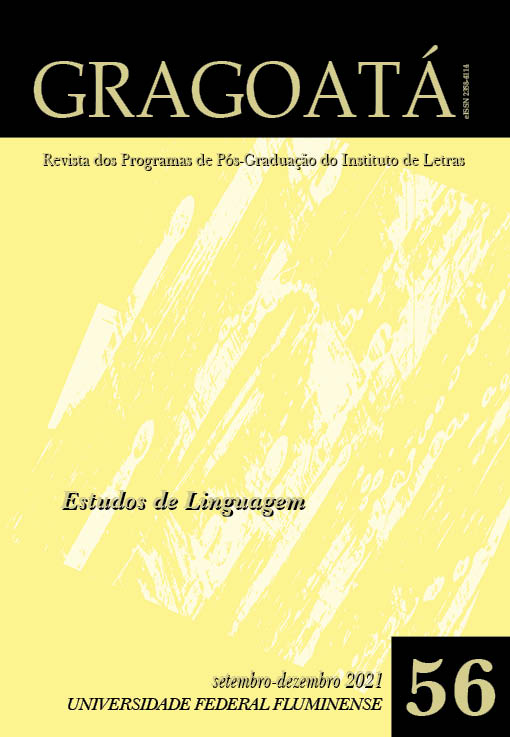Language education in english as an aditional language in Brazil: overcoming the colonial practices of teaching english as a foreign language
DOI :
https://doi.org/10.22409/gragoata.v26i56.49691Mots-clés :
Language Education, English as an Additional Language, Teaching English as a Foreign Language, Critical PedagogiesRésumé
Both Great Britain and the United States have, for a long time now, deliberately implemented policies designed to spread the learning of English to countries all over the world, as a way of expanding their cultural and ideological influence throughout the globe. All the money invested in language and cultural institutes, teaching materials and teacher education has always been associated with this goal (PHILLIPSON, 1992; MOITA LOPES, 1996) and has promoted the development of a powerful industry for the teaching of English as a second or foreign language for virtually every country on the planet. The present essay discusses the ideological implications of mainstream practices of teaching English as a foreign language in the Global South (SANTOS; MENESES, 2010) in general and, more specifically, in Brazil. It also proposes an alternative framework for developing educational practices intended to facilitate the appropriation of the English language by Brazilian students. Appropriating the language, from the perspective adopted in this essay, means that the students should become able to use it on their own terms, according to their own needs and values, and, above all, for their own purposes. That is, appropriation is a process for replacing “Teaching English as a Foreign Language” by “Language Education in English as an Additional Language”.
Téléchargements
Téléchargements
Publiée
Numéro
Rubrique
Licence
AUTORIZAÇÃO
Autores que publicam em Gragoatá concordam com os seguintes termos:
Os autores mantêm os direitos e cedem à revista o direito à primeira publicação, simultaneamente submetido a uma licença Creative Commons Atribuição 4.0 Internacional (CC BY 4.0), que permite o compartilhamento por terceiros com a devida menção ao autor e à primeira publicação pela Gragoatá.
Os autores podem entrar em acordos contratuais adicionais e separados para a distribuição não exclusiva da versão publicada da obra (por exemplo, postá-la em um repositório institucional ou publicá-la em um livro), com o reconhecimento de sua publicação inicial na Gragoatá.
A Gragoatá utiliza uma Licença Creative Commons - Atribuição CC BY 4.0 Internacional.











